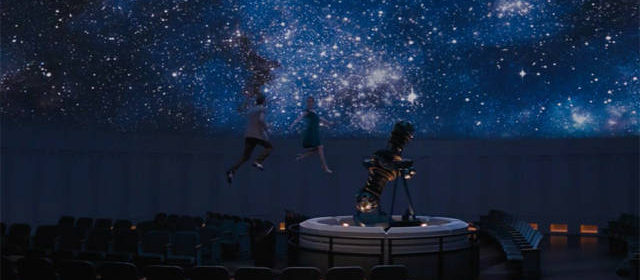Arrival

Warning: This review contains some spoilers, so only read on if you have already seen the movie, or don’t mind finding out some revelations of the plot.
Science fiction is not a genre with which I have much familiarity, and for the most part I avoid it in favour of other movies. Arrival, however, defied both my expectations and what I thought of before as typical conventions, and I think of it now as a film universal in its scope and its reach. This film could be described in so many ways, since the number of its themes continues to expand the longer I reflect. But to me, I think of Arrival most of all as a beautifully filmed meditation on life, on language and on unity.
I suppose that doesn’t really help in narrowing it down, so I’ll try to be a little more specific. The movie follows a linguistics professor, Louise, (played by Amy Adams) at a time of great global upheaval, after a series of spacecraft have landed at various locations around the world. Louise is tasked with decoding the language of these alien creatures aboard the spacecraft; they communicate, however, through symbols rather than through the spoken word. Over the course of the film, a number of flashbacks are interwoven amid the narrative, which are eventually revealed to be flashforwards, reflecting in a mysterious way the nonlinearity of time as experienced by the aliens and, through their intervention, by Louise as well. These short vignettes of Louise’s future life with her daughter were beautiful glimpses of the ordinariness of life, in which the surrounding sounds of nature were crisp and clear, and infused with peace.
Read more








